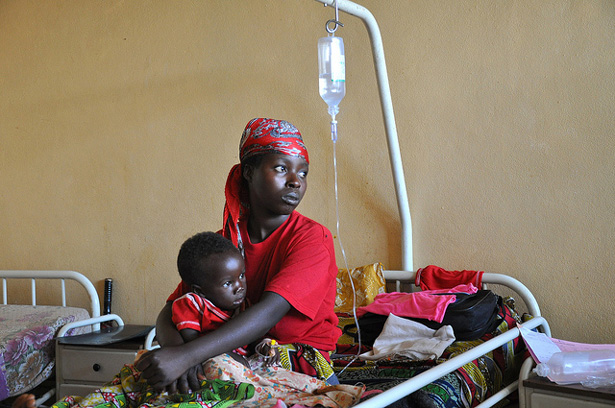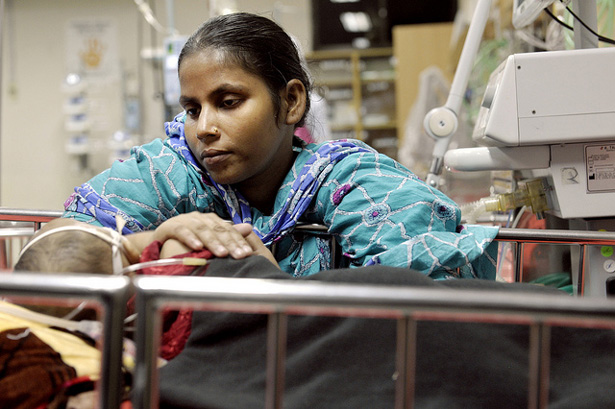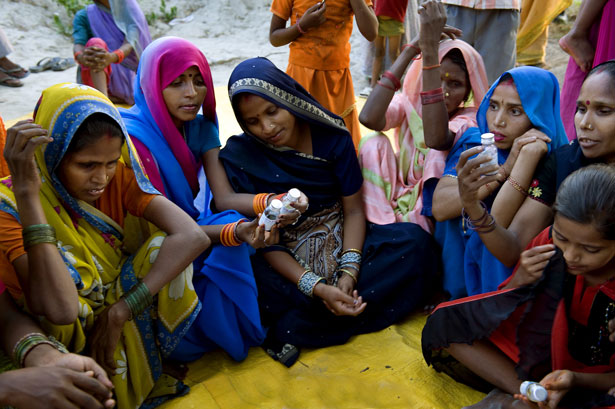-
John Sullivan on the Year Ahead in Energy and Environment News
› Bloomberg BNA‘s Director of Environmental News John Sullivan gives an overview of the key legislative, regulatory, and legal developments expected in 2013, including the Keystone XL pipeline, the future for coal-fired power plants, and the potential actions that may be taken by Congress, the White House, and the Environmental Protection Agency.
Bloomberg BNA‘s Director of Environmental News John Sullivan gives an overview of the key legislative, regulatory, and legal developments expected in 2013, including the Keystone XL pipeline, the future for coal-fired power plants, and the potential actions that may be taken by Congress, the White House, and the Environmental Protection Agency. -
When Does Oil Cause War? Petro-Aggression and Revolutionary Governments
›
One year ago, the United States government froze all property of the Central Bank of Iran and other Iranian financial institutions within the United States. The move was part of a broader effort to compel the Islamic Republic to give up its alleged nuclear weapons program. How is it working out?
-
Malaria and Maternal Health: Treating Pregnant Women Reveals Need for Integration
›
Ten years ago, a study was conducted in Mozambique to determine the impact of a new medicine for pregnant women with malaria. Over 1,000 women participated in a controlled trial of intermittent preventative treatment with sulphadoxine-pyrimethamine – half received a placebo, the other half received the actual drug. All were given an insecticide-treated net.
-
Sam Loewenberg, The New York Times
Learning From Failure
›
The original version of this op-ed, by Sam Loewenberg, appeared in The New York Times.
Americans love success stories. Go to the web sites of the United States Agency for International Development, the Bill and Melinda Gates Foundation, or a plethora of global health and development organizations, and you’ll find articles, charts, and videos documenting their triumphs and innovations, with the promise of more on the way.
-
Top 10 Posts for January 2013
›December and January were busy months. The U.S. National Intelligence Council released their latest quadrennial Global Trends Report, we saw a progress report on USAID’s Feed the Future Initiative, and Typhoon Bopha showed why developing countries are so vulnerable to climate change. Laurie Mazur also responded to Blair A. Ruble’s Wilson Center policy brief on 21st century urbanization with a look at how sustainable cities really are, and we heard from Ethiopia’s PHE community about the challenges of project monitoring and evaluation. Some past-year favorites emerged again as well, with Yemen’s demography, a look at Mongolia’s mining boom, and a great map of the world’s exclusive economic zones.
-
“Greening” the Military An Issue at Chuck Hagel Hearings?
›February 1, 2013 // By Schuyler Null
ECSP Senior Advisor and Ohio University Professor Geoff Dabelko appeared on Marketplace yesterday to comment on Defense Secretary Nominee Chuck Hagel’s confirmation hearings and whether the Pentagon’s pursuit of renewable energy and other “green” technologies might enter the discussion.
-
Michael D. Lemonick, Climate Central
U.S. Federal Climate Assessment: Energy, Water, Land Intertwined and Threatened
›January 31, 2013 // By Wilson Center StaffThe original version of this article, by Michael D. Lemonick, appeared on Climate Central.
Water resources, energy, and land use are so mutually dependent that climate-related disruptions to any one of them could lead to economically devastating ripple effects – especially as a growing population puts increasing strains on all three. That’s one conclusion of a recent report issued by a federal advisory committee charged with assessing how climate change has already affected the U.S., and what the future holds.
-
Setting Development Goals for Population Dynamics and Reproductive Rights
›
“I’d like to start by stating emphatically that since addressing global inequality and inequity are our overall principles in revising the MDGs [Millennium Development Goals], we must focus on health inequities to have a meaningful and lasting impact on human development,” said Beth Schlachter of the State Department’s Bureau of Population, Refugees, and Migration, speaking at the Wilson Center on January 9. “And for the most vulnerable – women and girls – that means we must focus on sexual and reproductive health and reproductive rights.” [Video Below]
 A Publication of the Stimson Center.
A Publication of the Stimson Center.








